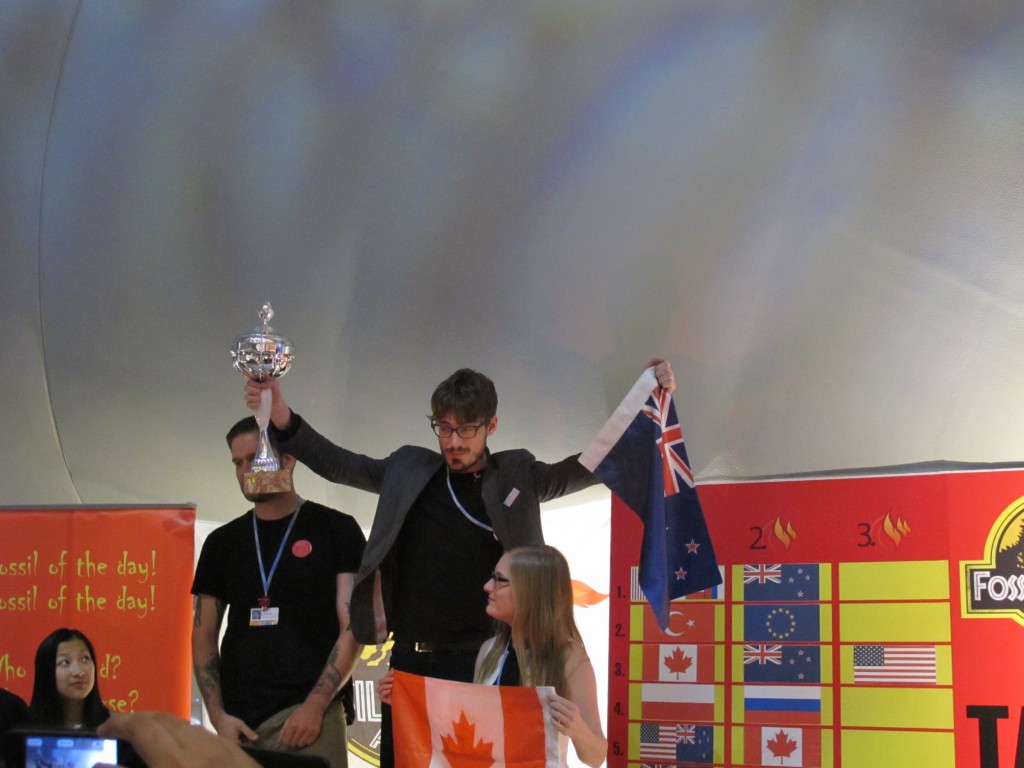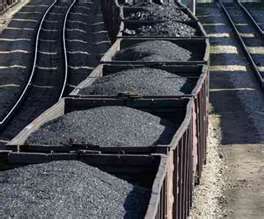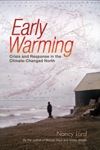
At the end of every UNFCCC meeting, on the last day, there’s a grand prize: the Colossal Fossil. So proud: New Zealand took top prize for the first time, shared with Canada.
For a country whose emissions are similar in scale to the Canadian tar sands, New Zealand has demonstrated exceptional blindness to scientific and political realities. Surprising many and disappointing all, New Zealand has fought hard to unseat 5-time Colossal Fossil winner, Canada, in a campaign of extreme selfishness and irresponsibility.
While New Zealand may have helped drown the talks for another year, New Zealand’s small and vulnerable Pacific neighbours should take heart that they have not been forgotten – New Zealand intends to drown them too.
I don’t think I can add much to this, except to say that for a small country, we sure manage to punch above our weight at these talks, upsetting more governments and people than is warranted for our small size. Sam from the Youth Delegation has summed it up nicely over on the youth blog. It’s all about trust.
I was going to write a light-hearted blog today, poking fun at Lord Christopher Monckton’s appearance in Doha, in his Arabic dress and antics in the plenary. But I thought about it overnight and woke this morning more angry about it than amused. Continue reading “Lost and damaged”

 The new “
The new “ Two North American pieces I’ve read this week appealed to me for their directness about the export of coal. One, via James Hansen, was
Two North American pieces I’ve read this week appealed to me for their directness about the export of coal. One, via James Hansen, was  The latest
The latest 
You must be logged in to post a comment.